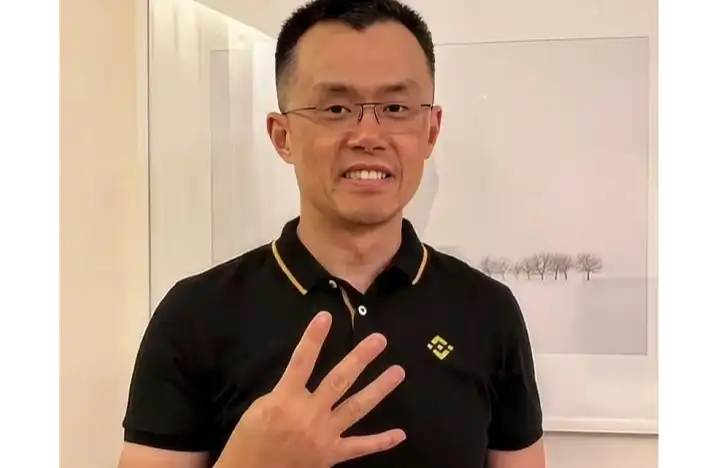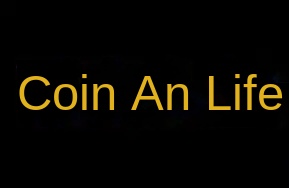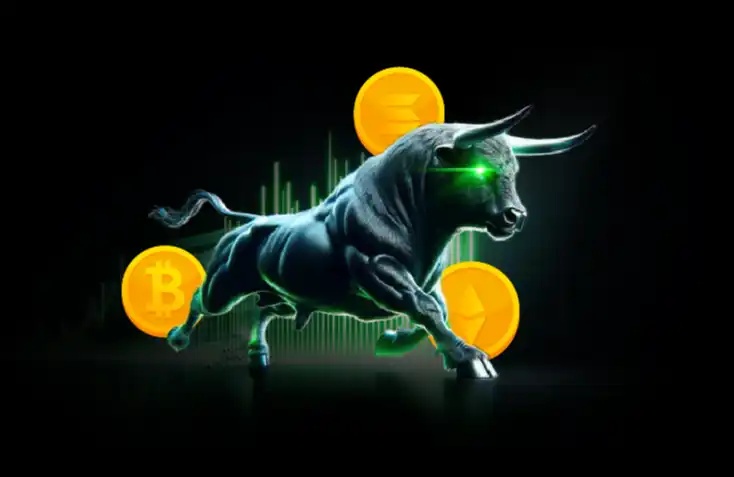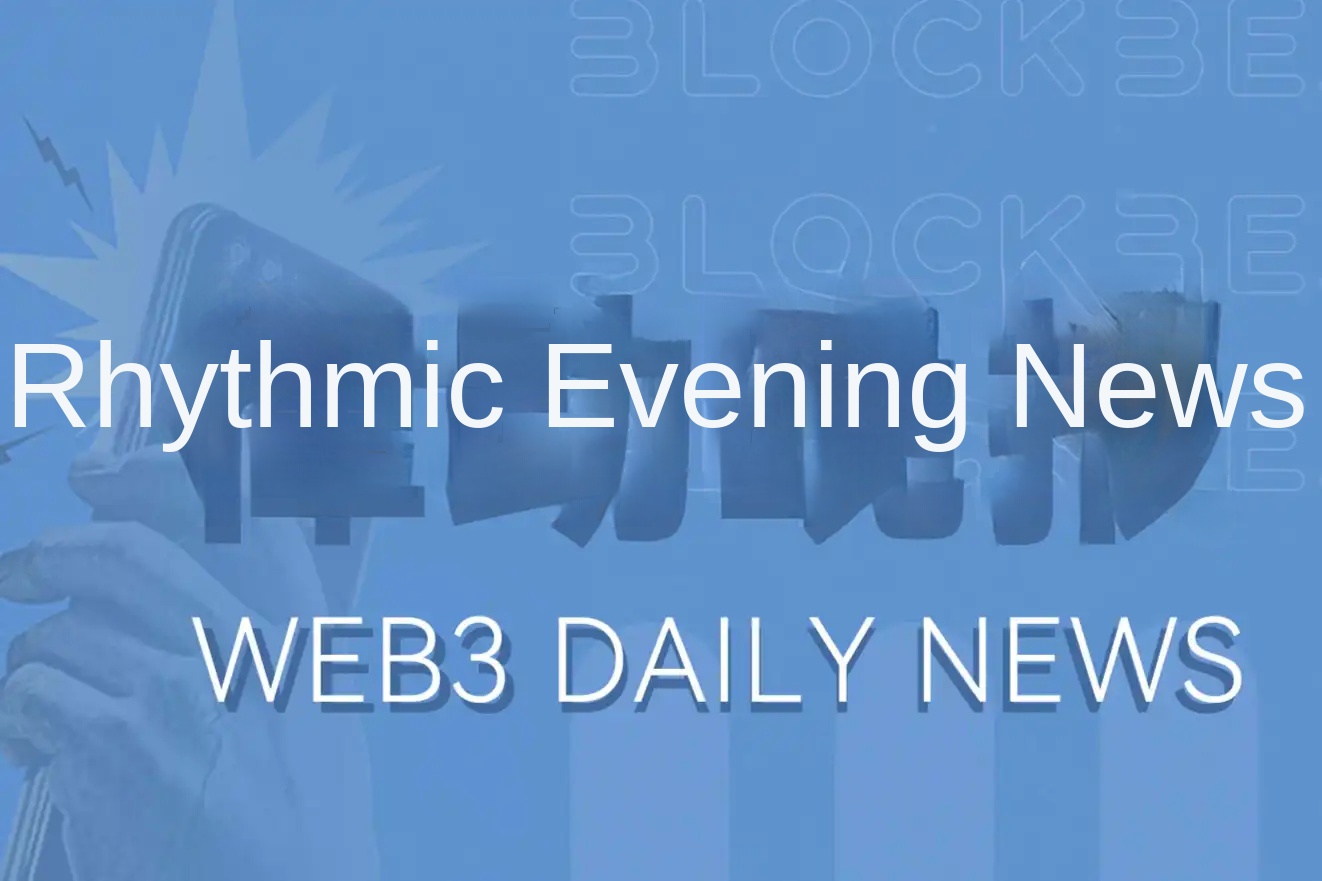Why Doesn't OpenAI Want to Trade Stocks on Robinhood?
At the beginning of July, Robinhood announced the launch of tokenized stocks for OpenAI and SpaceX, opened up applications for its European users, and gifted each person a 5 Euro quota, kicking off the tokenization of private equity.
However, almost simultaneously, OpenAI's official announcement countered: "These OpenAI Tokens do not represent OpenAI equity. We were not involved and do not endorse this plan. Any equity transfer requires our approval."
The tokenization of private equity waved the flag of "equality," opening the door to retail investors, only to be rebuffed by OpenAI. Is "equity tokenization" truly a breakthrough in future financial innovation, or is it a scheme disguised as "equality"?

What Is "Equity Tokenization" Exactly
Equity tokenization does not equate to equity itself but is a type of on-chain contract product with stock as the underlying anchor.
Using Robinhood's operation as an example: it does not directly own OpenAI's equity but holds a stake in an SPV (Special Purpose Vehicle) that holds OpenAI shares. Then, Robinhood tokenizes this indirect ownership's "economic interest," pegged to OpenAI's valuation, for circulation on its crypto trading platform.
In the architecture of equity tokenization, the SPV (Special Purpose Vehicle) is an indispensable core intermediary. Simply put, the SPV is a specially established "shell company" or "channel" used to hold the target company's actual equity. The platform does not directly sell company stocks but first has the SPV hold the shares and then "packages" the SPV's interests into tokens issued to users. The benefit of this approach is bypassing direct transfer of equity's legal and regulatory restrictions. However, it also means—tokens purchased by users do not represent ownership in companies like OpenAI or SpaceX but indirectly hold through this intermediary.

In other words, users are not buying OpenAI stocks or SPV shares, but a token contract based on OpenAI's stock performance. Robinhood explicitly states in its help documentation: "What you purchase is not actual stock but a contract recorded on the blockchain."

LegaIly speaking, these tokens do not carry any voting rights, informational rights, nor do they represent actual ownership of OpenAI. It is more like a "valuation tracker," similar to a structured product in over-the-counter trading—except this time, the trading platform is on the blockchain.
In fact, Robinhood is not the first trailblazer. Prior to it, several platforms have attempted to bring "primary market equity" onto the chain.
Investment platform Republic launched the Mirror Token product in June this year, with the inaugural project being rSpaceX, built on the Solana chain, pegged to SpaceX's valuation performance. The token has a minimum threshold of $50, and users can purchase it through Apple Pay or stablecoins. The Mirror Token is not equity, does not represent ownership, but rather a debt instrument linked to the target company's valuation dynamics. When the company goes public, gets acquired, or experiences other "liquidity events," Republic will return stablecoins to investors based on the token proportion.
Another platform, Jarsy, adopts an "on-chain traceable, off-chain tangible" approach. It first acquires target company equity in the actual primary market and maps the economic interest 1:1 onto the chain as tokens. The total supply, flow, and holdings information of these tokens are fully visible on-chain. Users can participate using USDC or credit cards, with a minimum investment threshold of only $10. This is not a simple security mapping but a substantial transfer of economic interest.
A Struggle over Equity Pricing?
Underneath OpenAI's tweet denying the partnership with Robinhood, Musk's immediate comment was "Your equity is fake." Clearly, different ideological camps have emerged behind this financial egalitarian movement.

The robotics company Figure AI once sent cease-and-desist letters to two brokerage platforms promoting its stock in the secondary market, alleging they improperly advertised the company's stock without board approval. A Figure spokesperson stated that the company "will continue to protect itself from third-party brokerage disruptions" and emphasized that all stock transactions must be board authorized.
Several secondary market platforms that received Figure's legal letters believe some CEOs are averse to secondary market trading for reasons beyond. According to these brokers, some shareholders are attempting to sell stocks at a price lower than the company's new target valuation, which could concern the company that lower-priced secondary market trades may impact its upcoming round of financing.
It is in this context that Robinhood's tokenization attempt appears particularly bold. Vlad Tenev had already stated at the outset that the token was "not technically stock" but rather "provided retail investors with an opportunity to access private assets." He described this action as "planting a seed" and revealed that several private companies had already expressed a willingness to join the "tokenization revolution."

Robinhood stated that the token does not truly represent equity but is based on an indirect mapping of Robinhood's SPV holding in OpenAI. In other words, users do not directly hold OpenAI stock but rather gain an indirect exposure to the price of the SPV's holdings.
However, the structure of this "indirect equity exposure" is not transparent and can easily be misunderstood as holding OpenAI stock. Under the banner of financial democratization, Robinhood is at the center of controversy, with questions arising about whether it is driving innovation in the capital markets or blurring the line between real assets and digital derivatives.
Community feedback has shown a clear division. Supporters believe that Robinhood's OpenAI token gives unprecedented participation rights to the average person: they do not have to wait for an IPO, navigate through complex venture capital structures, or be restricted by the thresholds of "accredited investors." They have acquired a digital asset linked to the valuation of a world-changing company, which can be traded instantly, autonomously moved, and to some extent realized the ideal of "challenging elite capital monopolies."
However, critics point out that this product does not have true equity attributes—no voting rights, profit sharing, shareholder status, or official company recognition of ownership. More importantly, once investors misunderstand the nature of the token, they may face risks beyond their expectations due to a lack of full disclosure.
In the backdrop of immature decentralized asset trading and regulatory gray areas that are yet to be clarified, the question remains whether this "financial empowerment movement" can continue with its idealistic color or will eventually falter due to compliance and trust issues, awaiting a dual test from the market and the law.
Welcome to join the official BlockBeats community:
Telegram Subscription Group: https://t.me/theblockbeats
Telegram Discussion Group: https://t.me/BlockBeats_App
Official Twitter Account: https://twitter.com/BlockBeatsAsia


 Forum
Forum Finance
Finance
 Specials
Specials
 On-chain Eco
On-chain Eco
 Entry
Entry
 Podcasts
Podcasts
 Activities
Activities
 OPRR
OPRR










